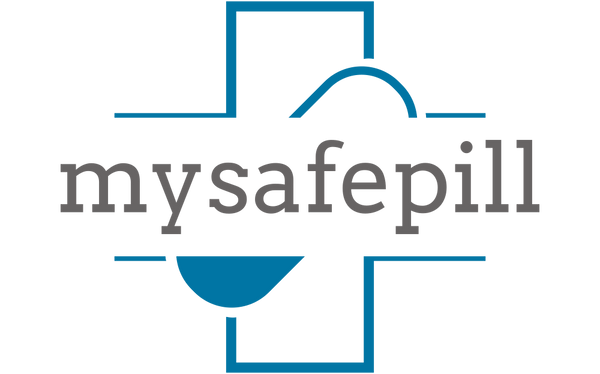
5 Essential Tips for Managing Your Diabetes Medication Regimen
Share
Understanding your diabetes medication regimen
Understanding your diabetes medication regimen is crucial for effectively managing your condition. Here are a few key tips to keep in mind:
- It's important to take your medication as prescribed by your doctor to maintain stable blood sugar levels.
- Monitor your blood sugar regularly to ensure that your medication is working effectively and make adjustments as necessary.
- Be aware of any potential side effects or interactions with other medications you may be taking. Consult your healthcare provider if you experience any concerns.
- Follow a healthy diet and exercise routine to complement the effects of your medication and improve overall management of your diabetes.
-
Stay informed about new developments in diabetes treatment and communicate openly with your healthcare team to optimize your medication regimen.

Importance of medication adherence
Not adhering to your diabetes medication regimen can lead to serious health complications. It is crucial to take your medication as prescribed by your doctor to keep your blood sugar levels in check and prevent potential complications. Poor medication adherence can result in uncontrolled blood sugar levels, which can lead to long-term damage to your eyes, kidneys, and nerves. It can also increase your risk of heart disease and stroke. Additionally, not following your medication regimen can lead to hospitalization and higher healthcare costs. Consistently taking your medication as prescribed is essential for effectively managing diabetes and living a healthy life.
Organizing your medications
Make sure to keep your diabetes medications in a cool, dry place, away from direct sunlight and moisture. Store them in their original containers with clear labels to avoid confusion. You can also use a pill organizer to keep track of your daily doses and prevent missed doses. Always check the expiration dates of your medications and dispose of any expired or unused medications properly. Set up reminders on your phone or use a medication management app to help you remember to take your medications on time. Lastly, create a medication schedule and stick to it to ensure consistency in your treatment.
Managing potential side effects
When managing your diabetes medication, it's important to be aware of potential side effects that may occur. Here are five essential tips to help you manage potential side effects effectively:
- Be vigilant: Keep a close eye on any changes in your body and mood when starting a new medication, and report any unusual symptoms to your healthcare provider promptly.
- Understand the risks: Educate yourself about the potential side effects of each medication, so you can recognize and address them early.
- Follow instructions: Take your medications as prescribed by your healthcare provider, and do not skip doses or alter your dosage without consulting them.
- Healthy lifestyle: Maintaining a healthy lifestyle, including a balanced diet and regular exercise, can help manage and minimize the side effects of your diabetes medication.
- Open communication: Keep open communication with your healthcare provider about any issues or concerns you may have regarding your medication and its potential side effects.
Seeking professional guidance
Professional guidance is essential when managing your diabetes medication. Your doctor can help you create a personalized treatment plan that takes into account your specific health needs and lifestyle. This can include a tailored medication regimen, dietary recommendations, and an exercise plan. Seeking professional guidance can also help you address any concerns or questions you may have about your diabetes management, ensuring that you are on the right track to effectively managing your condition.
